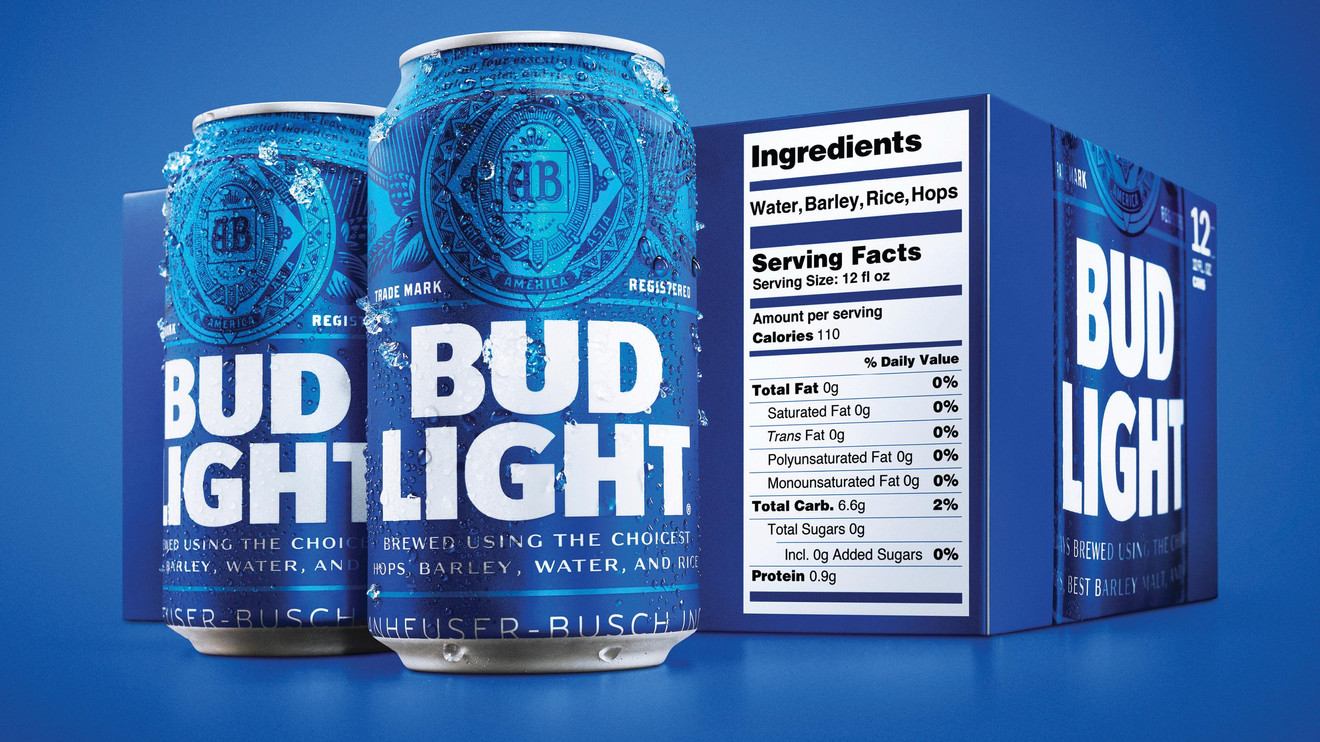Bud Light’s brand health is still reeling from the consequences of a consumer boycott triggered by its collaboration with a transgender influencer. According to YouGov’s BrandIndex, the beer brand’s overall index score in the United States dropped to -8.4 as of June 11th, a significant decline compared to the previous year’s score of 7.9.
The backlash has also affected Bud Light’s standing in the United Kingdom, despite its smaller market share. In the UK, the index score fell from 0.4 on March 31st to -6.2 by June 14th.
The trouble for the AB InBev-owned brand began in April when Bud Light faced criticism from conservatives in the US following a brief partnership with trans influencer Dylan Mulvaney. As part of its ‘March Madness’ campaign, the brand sent Mulvaney a can of Bud Light featuring her image. A video of the influencer receiving and sharing the can quickly went viral, provoking a high-profile backlash. Musician Kid Rock even posted a video of himself shooting a can of Bud Light in protest.
While Mulvaney’s video drew negative reactions from conservatives who perceived it as support for trans rights, AB InBev’s response to distance itself from the influencer and handle the situation came under fire from LGBTQ advocacy groups. During an investor call, CEO Michel Doukeris downplayed the controversy, referring to it as related to “one can, one influencer, one post, and not a campaign.” Following the backlash, Bud Light’s marketing vice-president, Alissa Heinerscheid, and vice-president of marketing for mainstream brands, Daniel Blake, were compelled to take a leave of absence.
Doukeris emphasized that “the beer itself should not be the focus of the debate,” and North American CEO Brendan Whitworth stated the company’s intention to “bring people together.” However, the repercussions appear to extend beyond the usual detractors, as nationally representative figures from YouGov indicate that the Bud Light brand has suffered damage across the board.
Older consumers have reacted particularly strongly, with Bud Light’s index score among individuals over 50 plummeting from 18.1 last year to -14.5. Even among younger consumers (18-34 years old), the score has dipped into negative territory (-0.7), albeit from a lower starting point (1.1).
While the brand still maintains a positive index score among 35-49 year-olds (0.9), it has experienced a significant drop from the previous year’s 13.3.
Despite more than two months passing since Mulvaney’s original post, the data suggests that there has been little improvement for Bud Light. Moreover, the brand recently lost its position as the top-selling beer in the US, according to figures from consulting firm Bump Williams. Sales declined by nearly a quarter for the four weeks ending on June 3rd.
In May, AB InBev’s CEO acknowledged that there had been some spillover effects from the Bud Light controversy on the company’s other brands. However, YouGov’s BrandIndex does not indicate any notable impact on the brand health of fellow AB InBev brand Stella Artois.






Comment
No comments found.